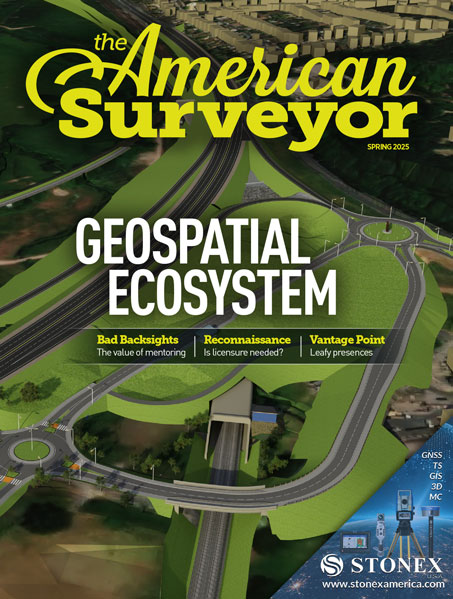Washington, June 18—Associated Builders and Contractors today issued the following statement regarding the U.S. Treasury Department’s Internal Revenue Service final rule released for public inspection June 18, which requires private developers to follow onerous project labor agreement, prevailing wage and apprenticeship policies when building clean energy projects funded by more than $270 billion in tax credits via the ABC-opposed Inflation Reduction Act.
“If the Biden administration’s goal is to undermine taxpayer investments in the construction of critical clean energy infrastructure funded by the Inflation Reduction Act, this final rule is a wild success,” said Ben Brubeck, ABC vice president of regulatory, labor and state affairs. “This bold weaponization of the IRS and end-run around Congress in an attempt to steer clean energy construction contracts to unionized labor and contractors––key election-year donors––by incentivizing private developers to require inflationary and exclusionary project labor agreements should be extremely concerning for taxpayers and clean energy advocates.
“Government-mandated PLAs box out almost 90% of the U.S. construction workforce that does not belong to union––an especially irresponsible decision when the construction industry faces a labor shortage of more than half a million people,” said Brubeck. “In addition, PLA schemes increase costs 12% to 20% by imposing inefficient work rules and discouraging competition from quality contractors that have been successfully building clean energy projects for decades.”
In comments filed Oct. 30, 2023, on the proposed rule, ABC––as well as a coalition of industry stakeholders––called on the IRS to provide further clarity and withdraw anti-competitive aspects of the proposal that would increase costs, reduce competition and delay construction of clean energy projects.
“Unfortunately, many concerning provisions of the proposed rule flagged by industry and clean energy advocates during the comment period were not appropriately addressed in the final rule, which increases risk and uncertainty for contractors seeking tax credits and contractors delivering these important projects,” said Brubeck. “Coupled with construction materials inflation of more than 40% since February 2020 and a labor shortage, this Biden administration’s latest regulation means clean energy projects are much more expensive, and many of those projects will be mothballed or cancelled.”
According to the final rule, developers must certify that their contractors pay all construction workers prevailing wages and benefits determined by the U.S. Department of Labor in accordance with the federal Davis-Bacon Act. Developers must also ensure that contractors utilize apprentices enrolled in government-registered apprenticeship programs for 15% of all construction labor hours performed on a project, among other requirements. Project developers that satisfy both of these new provisions are eligible for a 500% increase in various clean energy construction project tax credits compared to baseline tax credits offered to developers under prior regulations widely used by industry. In addition, developers that require contractors to execute PLAs with labor unions are immune from new monetary penalties if the developer and its contractors fail to meet cumbersome prevailing wage and apprenticeship rules.
The final rule is effective 60 days after it is be published in the federal register on June 25, 2024, but developers are currently following the previous proposed rule requirements issued by the IRS.
In a 2023 survey of ABC contractor members, 98% of respondents stated that controversial prevailing wage and government-registered apprenticeship policies imposed by the IRA will make them less likely to bid on clean energy projects.
Review resources on the IRA tax credits for clean energy projects at abc.org/ira.
About ABC
Associated Builders and Contractors is a national construction industry trade association established in 1950 that represents more than 23,000 members. Founded on the merit shop philosophy, ABC and its 67 chapters help members develop people, win work and deliver that work safely, ethically and profitably for the betterment of the communities in which ABC and its members work. Visit us at abc.org.
